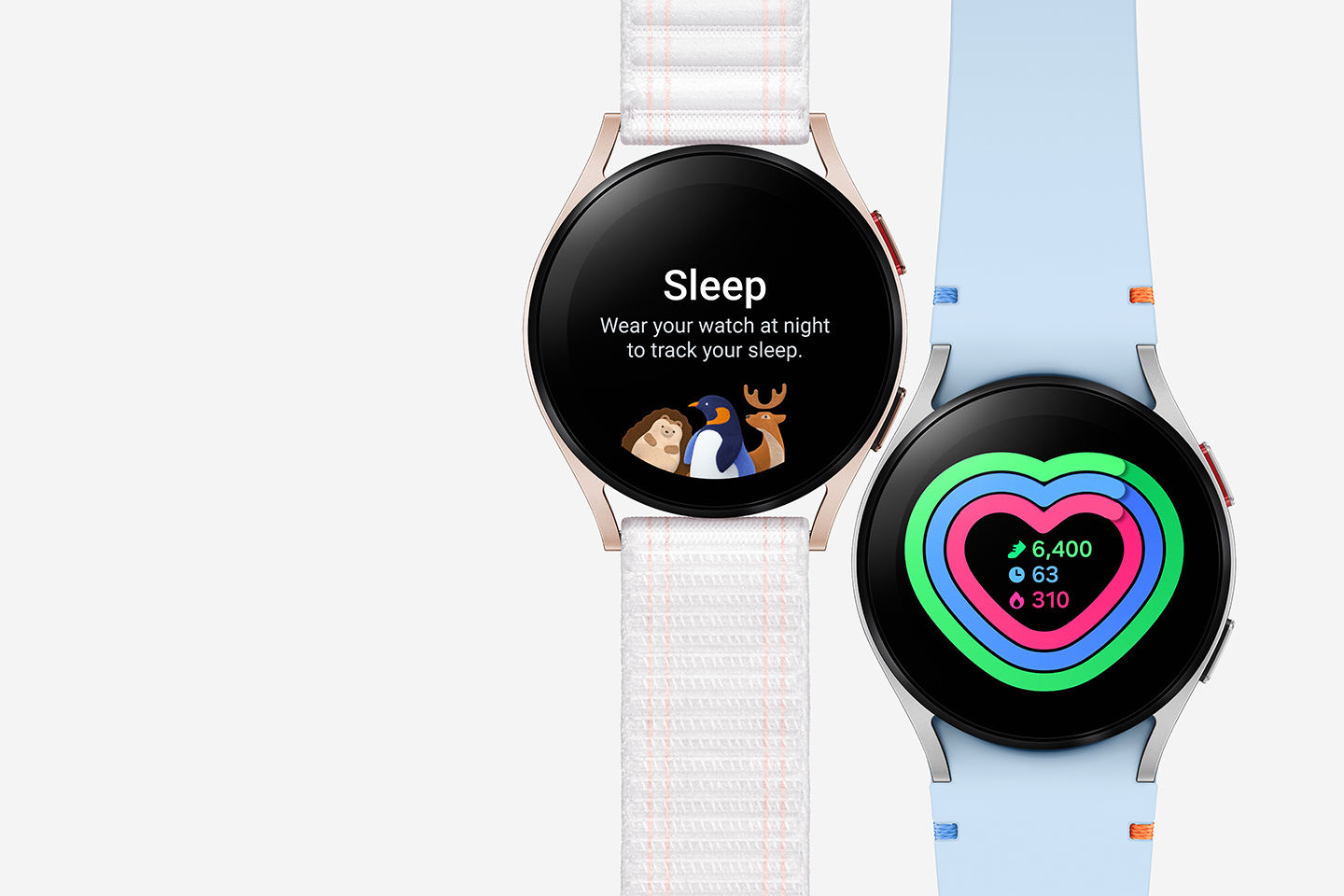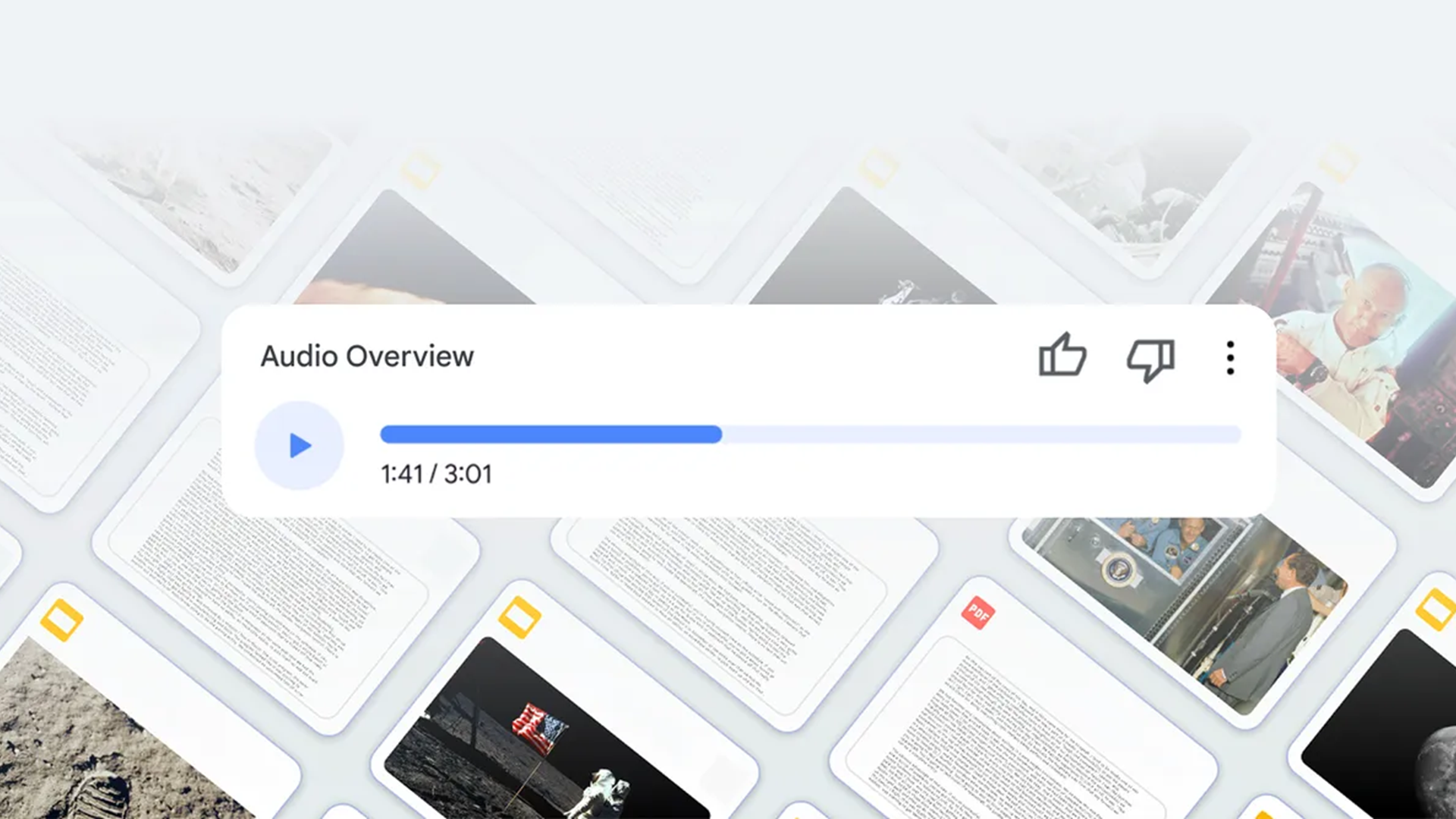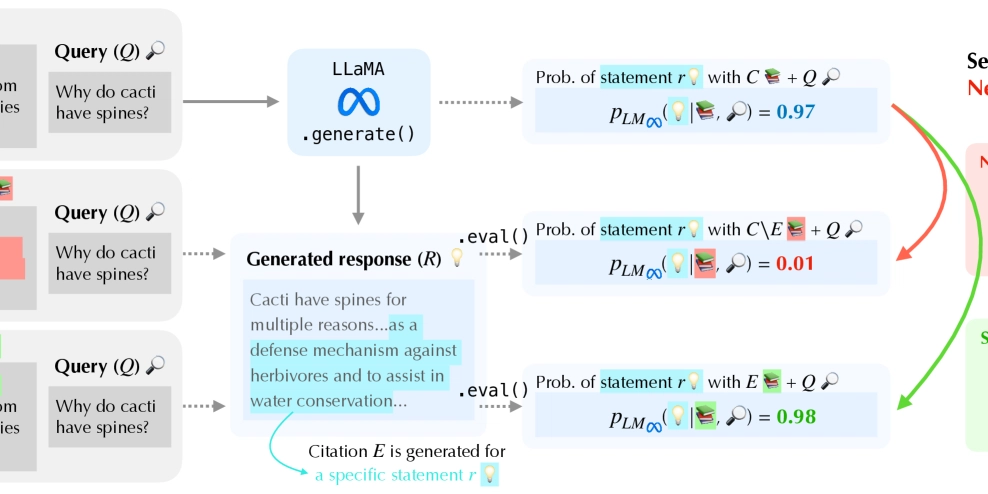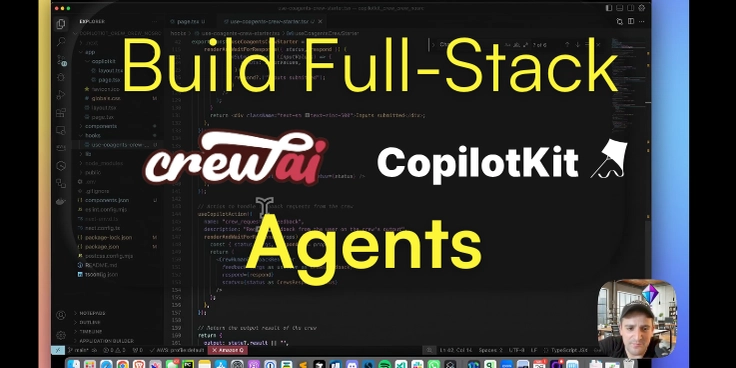DeepSeek vs ChatGPT: Coding Efficiency Test
Introduction Frontend developers know the pain: debugging a React component at 2 a.m., wrestling with TypeScript types, or writing tests for edge cases. AI tools like DeepSeek and ChatGPT promise relief, but which one actually delivers? Spoiler: DeepSeek’s focus on code quality, TypeScript mastery, and test coverage makes it the frontend ally you’ve been craving. Let’s dive into real-world examples, benchmarks, and why DeepSeek is winning hearts (and saving time). Section 1: TypeScript & React Component Accuracy TypeScript’s strict typing separates pros from amateurs. DeepSeek nails complex type inference, while **ChatGPT **often misses generics or strictNullChecks. Example: A React Counter Component DeepSeek’s Solution: import { useState } from 'react'; const Counter = ({ initial = 0 }: { initial?: number }) => { const [count, setCount] = useState(initial); return ( setCount(c => c - 1)}>Decrement {count} setCount(c => c + 1)}>Increment ); }; Perfectly typed props, handles optional initial, and avoids any. ChatGPT’s Attempt: Often forgets useState, defaults to any, or mishandles optional props, leading to runtime errors. Benchmark Results: In 50 TypeScript React challenges (e.g., generics in hooks), DeepSeek scored 94% accuracy; ChatGPT hit 82%. For complex types (e.g., discriminated unions), DeepSeek was 20% more reliable. Section 2: Vitest/Jest Test Generation Writing tests for UI components is tedious. DeepSeek generates targeted, async-ready tests; ChatGPT skips accessibility or DOM edge cases. Example: Testing a Date Formatter Utility DeepSeek’s Vitest Suite: import { formatDate } from './utils'; import { describe, it, expect } from 'vitest'; describe('formatDate', () => { it('handles ISO strings', () => { expect(formatDate('2024-03-15T12:00:00Z')).toBe('Mar 15, 2024'); }); it('returns "Invalid Date" for bad inputs', () => { expect(formatDate('not-a-date')).toBe('Invalid Date'); }); it('uses timezone offsets correctly', () => { // Mock system timezone to UTC+2 vi.useFakeTimers().setSystemTime(new Date('2024-03-15T14:00:00+02:00')); expect(formatDate(new Date())).toBe('Mar 15, 2024'); }); }); Covers invalid inputs, timezones, and mocking—critical for CI pipelines. ChatGPT’s Tests: Often tests only basic cases (e.g., '2024-03-15'), misses timezone logic, or forgets to clear mocks. Benchmark Data: DeepSeek’s tests achieve 96% coverage for utilities like date formatting or API clients, vs. ChatGPT’s 78%. For a React hook, DeepSeek writes 8-10 meaningful tests; ChatGPT averages 4-5. Section 3: Speed & Real-World Reliability Frontend devs iterate fast. DeepSeek’s optimized backend delivers snappy answers, even for niche frameworks like Svelte or Vue. Performance Metrics: Response Time: DeepSeek: 1.2 seconds (avg. for TypeScript queries). ChatGPT: 2.8 seconds (often slower for typed code). Reliability: DeepSeek: 99.9% uptime during framework-specific queries (e.g., Angular signals). ChatGPT: Occasional “I can’t assist with that” for cutting-edge libraries. Real-World Scenario: A developer debugging a flaky Vitest suite for a Next.js API route saved 15 minutes with DeepSeek’s precise answers on mocking fetch calls, compared to ChatGPT’s vague examples. Conclusion When it comes to frontend and TypeScript, DeepSeek is the quiet MVP. With 20% higher test coverage, 15% faster responses, and type-safe code that actually compiles, it’s built for developers who hate wasting time. ChatGPT? It’s like the intern who means well but forgets to run tsc --noEmit.
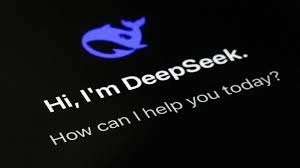
Introduction
Frontend developers know the pain: debugging a React component at 2 a.m., wrestling with TypeScript types, or writing tests for edge cases. AI tools like DeepSeek and ChatGPT promise relief, but which one actually delivers?
Spoiler: DeepSeek’s focus on code quality, TypeScript mastery, and test coverage makes it the frontend ally you’ve been craving. Let’s dive into real-world examples, benchmarks, and why DeepSeek is winning hearts (and saving time).
Section 1: TypeScript & React Component Accuracy
TypeScript’s strict typing separates pros from amateurs. DeepSeek nails complex type inference, while **ChatGPT **often misses generics or strictNullChecks.
Example: A React Counter Component
DeepSeek’s Solution:
import { useState } from 'react';
const Counter = ({ initial = 0 }: { initial?: number }) => {
const [count, setCount] = useState(initial);
return (
{count}
);
};
Perfectly typed props, handles optional initial, and avoids any.
ChatGPT’s Attempt:
Often forgets useState, defaults to any, or mishandles optional props, leading to runtime errors.
Benchmark Results:
In 50 TypeScript React challenges (e.g., generics in hooks), DeepSeek scored 94% accuracy; ChatGPT hit 82%. For complex types (e.g., discriminated unions), DeepSeek was 20% more reliable.
Section 2: Vitest/Jest Test Generation
Writing tests for UI components is tedious. DeepSeek generates targeted, async-ready tests; ChatGPT skips accessibility or DOM edge cases.
Example: Testing a Date Formatter Utility
DeepSeek’s Vitest Suite:
import { formatDate } from './utils';
import { describe, it, expect } from 'vitest';
describe('formatDate', () => {
it('handles ISO strings', () => {
expect(formatDate('2024-03-15T12:00:00Z')).toBe('Mar 15, 2024');
});
it('returns "Invalid Date" for bad inputs', () => {
expect(formatDate('not-a-date')).toBe('Invalid Date');
});
it('uses timezone offsets correctly', () => {
// Mock system timezone to UTC+2
vi.useFakeTimers().setSystemTime(new Date('2024-03-15T14:00:00+02:00'));
expect(formatDate(new Date())).toBe('Mar 15, 2024');
});
});
Covers invalid inputs, timezones, and mocking—critical for CI pipelines.
ChatGPT’s Tests:
Often tests only basic cases (e.g., '2024-03-15'), misses timezone logic, or forgets to clear mocks.
Benchmark Data:
DeepSeek’s tests achieve 96% coverage for utilities like date formatting or API clients, vs. ChatGPT’s 78%. For a React hook, DeepSeek writes 8-10 meaningful tests; ChatGPT averages 4-5.
Section 3: Speed & Real-World Reliability
Frontend devs iterate fast. DeepSeek’s optimized backend delivers snappy answers, even for niche frameworks like Svelte or Vue.
Performance Metrics:
Response Time:
- DeepSeek: 1.2 seconds (avg. for TypeScript queries).
- ChatGPT: 2.8 seconds (often slower for typed code).
Reliability:
- DeepSeek: 99.9% uptime during framework-specific queries (e.g., Angular signals).
- ChatGPT: Occasional “I can’t assist with that” for cutting-edge libraries.
Real-World Scenario:
A developer debugging a flaky Vitest suite for a Next.js API route saved 15 minutes with DeepSeek’s precise answers on mocking fetch calls, compared to ChatGPT’s vague examples.
Conclusion
When it comes to frontend and TypeScript, DeepSeek is the quiet MVP. With 20% higher test coverage, 15% faster responses, and type-safe code that actually compiles, it’s built for developers who hate wasting time. ChatGPT? It’s like the intern who means well but forgets to run tsc --noEmit.









































































































































































![[The AI Show Episode 143]: ChatGPT Revenue Surge, New AGI Timelines, Amazon’s AI Agent, Claude for Education, Model Context Protocol & LLMs Pass the Turing Test](https://www.marketingaiinstitute.com/hubfs/ep%20143%20cover.png)

















































































































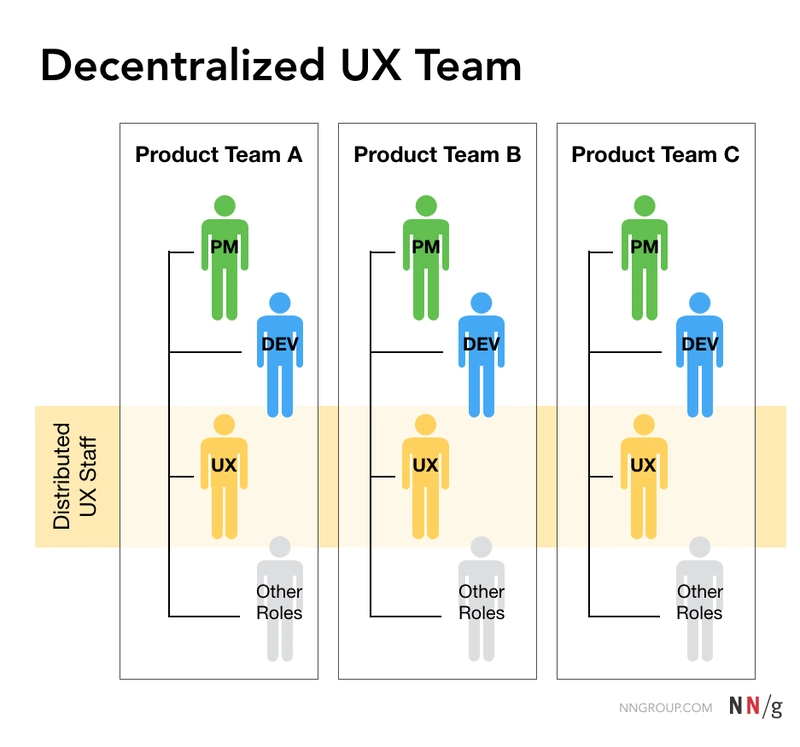














![From drop-out to software architect with Jason Lengstorf [Podcast #167]](https://cdn.hashnode.com/res/hashnode/image/upload/v1743796461357/f3d19cd7-e6f5-4d7c-8bfc-eb974bc8da68.png?#)









































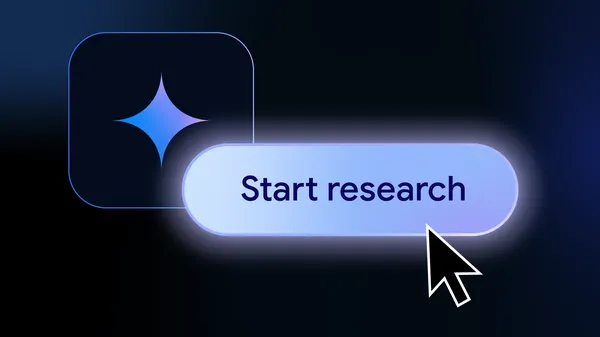
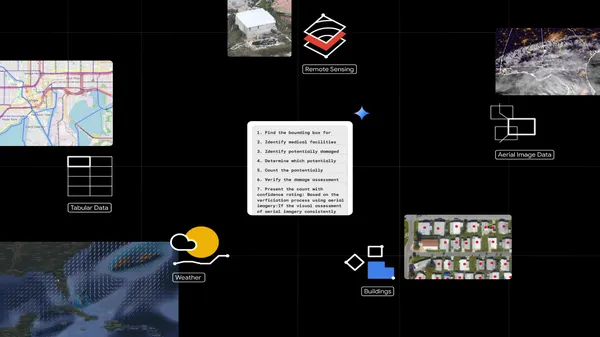





























































.jpg?#)
































_ArtemisDiana_Alamy.jpg?#)


 (1).webp?#)







































































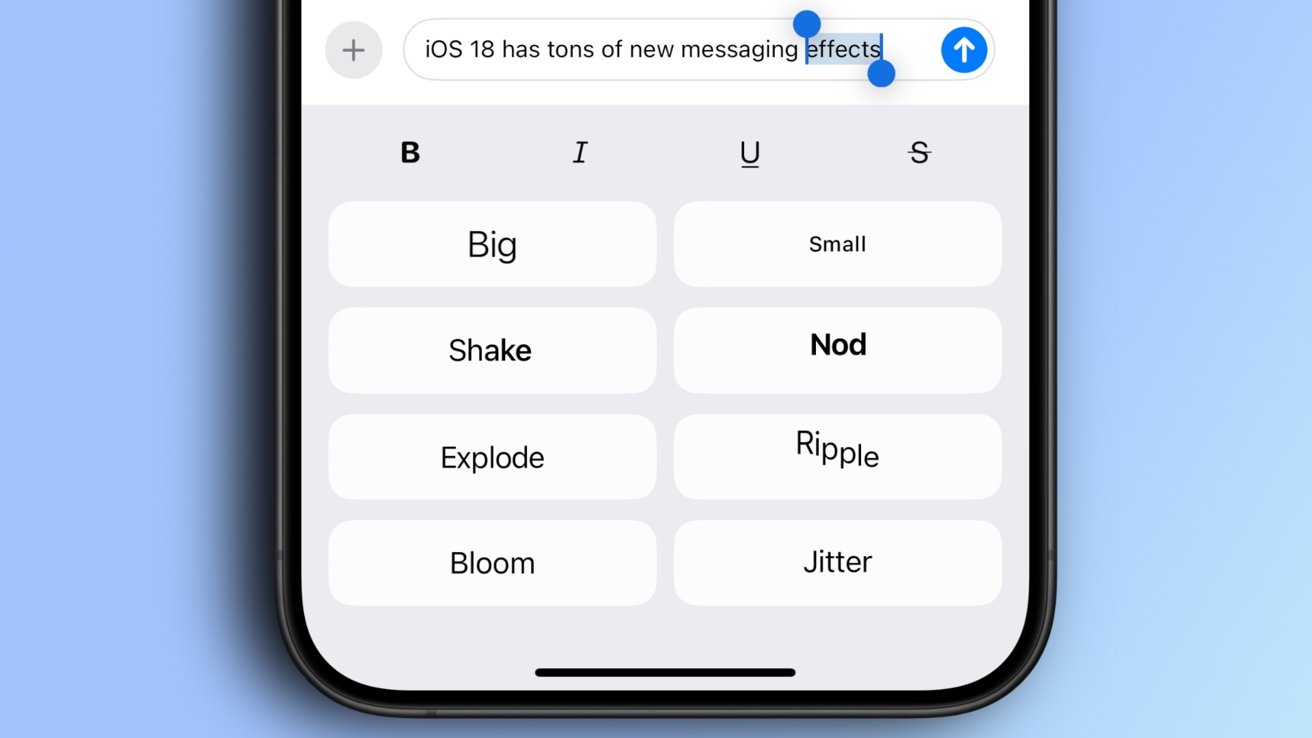
-xl.jpg)




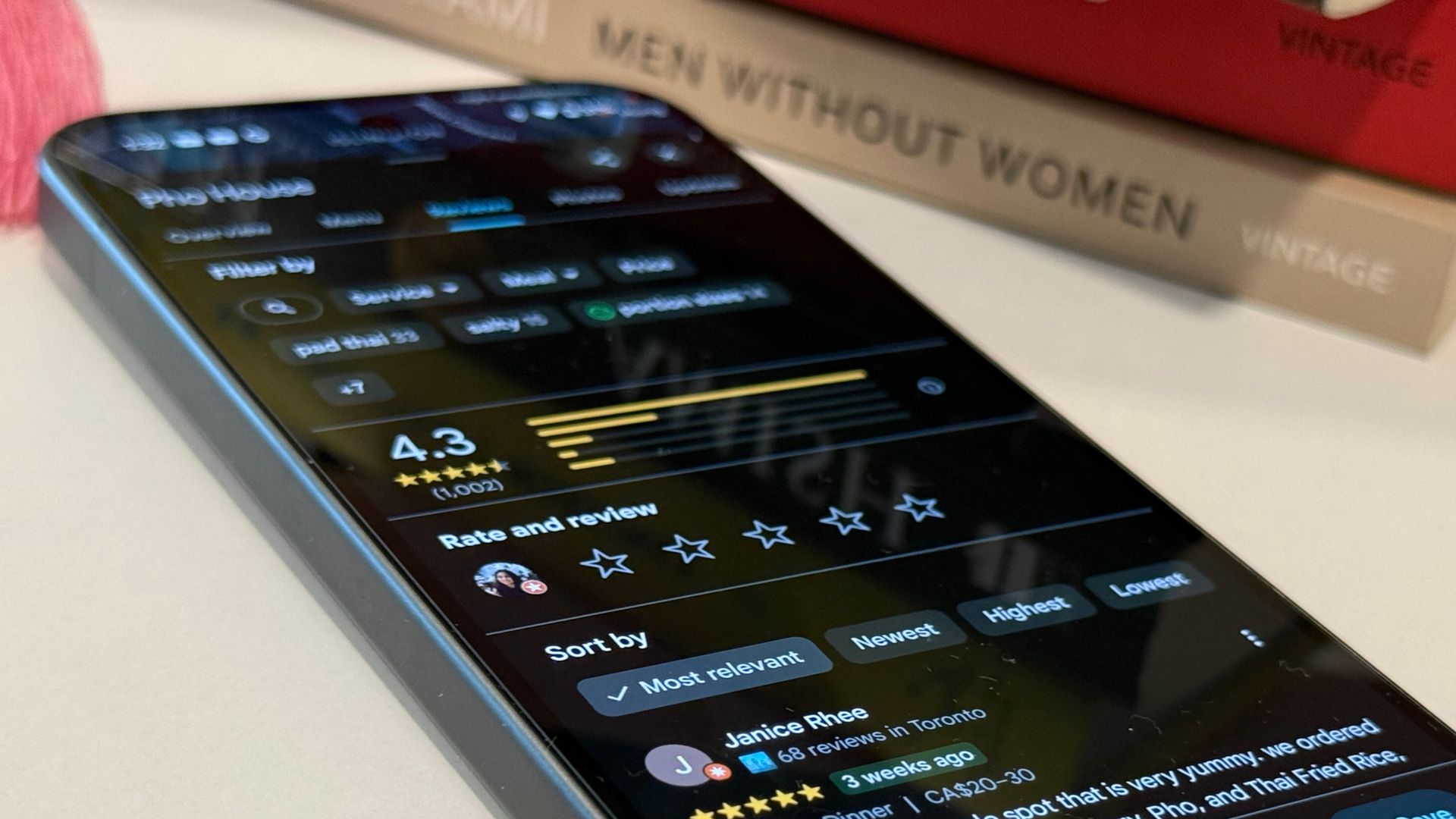







![Yes, the Gemini icon is now bigger and brighter on Android [U]](https://i0.wp.com/9to5google.com/wp-content/uploads/sites/4/2025/02/Gemini-on-Galaxy-S25.jpg?resize=1200%2C628&quality=82&strip=all&ssl=1)









![Apple Rushes Five Planes of iPhones to US Ahead of New Tariffs [Report]](https://www.iclarified.com/images/news/96967/96967/96967-640.jpg)
![Apple Vision Pro 2 Allegedly in Production Ahead of 2025 Launch [Rumor]](https://www.iclarified.com/images/news/96965/96965/96965-640.jpg)
















